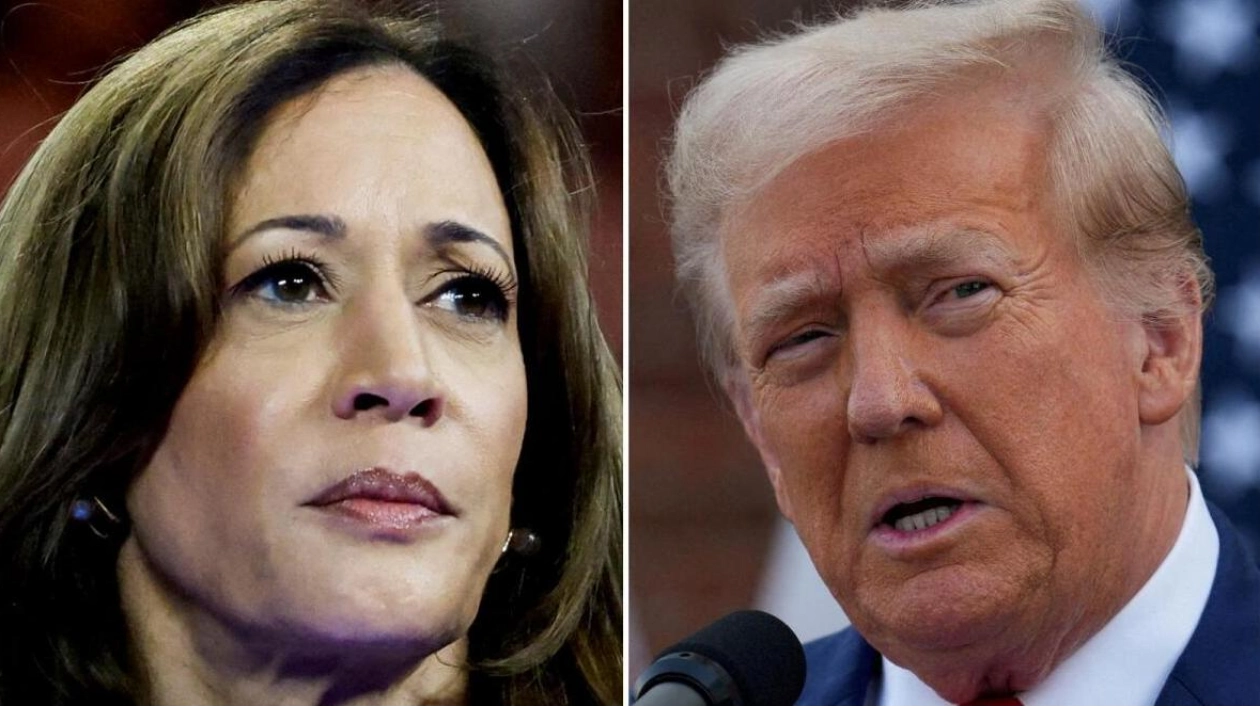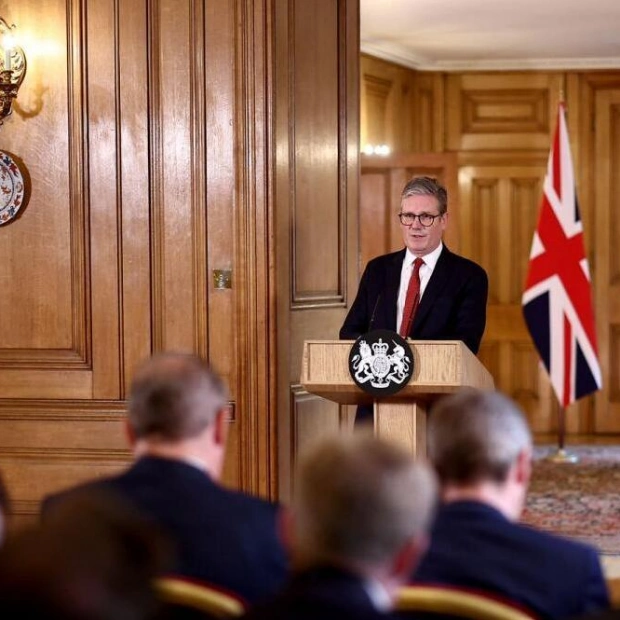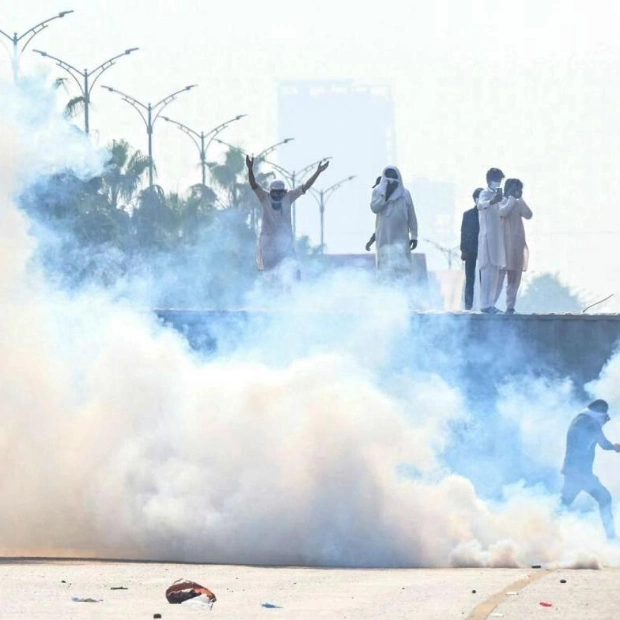Kamala Harris and Donald Trump are in the final stretch of their one-month sprint to the most dramatic US presidential election in modern history, with both candidates warning that the fate of a deeply divided nation hangs in the balance as the result remains uncertain. The 2024 race has been more unpredictable than a Hollywood thriller, marked by the vice-president's unexpected replacement of Joe Biden as the Democratic nominee and the Republican former president surviving two assassination attempts as he seeks a sensational return to the White House.
Now, the United States is preparing for a nail-biting conclusion, with Trump, 78, and Harris, 59, virtually tied in the polls. The Republican candidate ominously warns of a repeat of the 2020 election chaos if he does not secure victory this time. Meanwhile, the world watches with anticipation to see who will occupy the Oval Office, especially as tensions in the Middle East escalate towards all-out war and Ukraine's struggle for survival against Russia depends on US support, which Trump has previously criticized.
"This is a tremendously important election," says Peter Loge, director of George Washington University's School of Media and Public Affairs. "They have both framed it in apocalyptic terms." Over the next four weeks, Harris and Trump, along with their running mates, Democratic Minnesota Governor Tim Walz and Republican Ohio Senator J.D. Vance, will tirelessly campaign. The unique electoral college system means they will focus on securing votes in seven key swing states—Arizona, Georgia, Michigan, Nevada, North Carolina, Pennsylvania, and Wisconsin—that are expected to decide the election.
As America makes its choice, Harris and Trump present voters with two distinctly different visions. With her slogan 'We're Not Going Back,' Harris promises to move beyond an era of divisive politics. Trump, on the other hand, pledges to 'Make America Great Again,' portraying a dystopian nation that only he can remedy. Democrats see Harris as a trailblazer, the first female, Black, and South Asian vice-president, who advocates for abortion rights and an "opportunity economy." However, her rapid ascent means many voters are still unfamiliar with her character and policies.
Trump, the first convicted felon to run for president, appeals to his right-wing base with his derogatory remarks about "Comrade Kamala" and promises to boost the economy and imprison political adversaries. He is particularly banking on the volatile issue of migration to secure his win, doubling down on harsh rhetoric accusing migrants of "poisoning" American blood. "Vice-President Harris and Governor Walz are saying the American story is complicated, but we can make this right," notes Loge. Trump's narrative, meanwhile, is "very compelling... give the strongman a chance, let him clear the deck, we'll come back to democracy later. The problem is we can never come back to democracy."
US voters have had to adapt to a completely transformed race. Just three months ago, they were facing a highly unpopular rematch between Trump and the 81-year-old Biden. Everything changed in a 90-minute debate when Biden faltered, solidifying Democratic concerns about his age. A month later, Biden withdrew, passing the torch to Harris. In a whirlwind, Harris erased Trump's lead in the polls, energized massive rallies, and raised significant funds. The Republican found himself suddenly facing a much younger and female candidate.
This turnaround was particularly abrupt for Trump, coming just eight days after a gunman shot at a rally in Butler, Pennsylvania, wounding the Republican. Harris, however, maintains she is the "underdog," and the polls indicate a close race. A result could be delayed if there are disputed counts or legal challenges, meaning the US election drama could extend into January.






